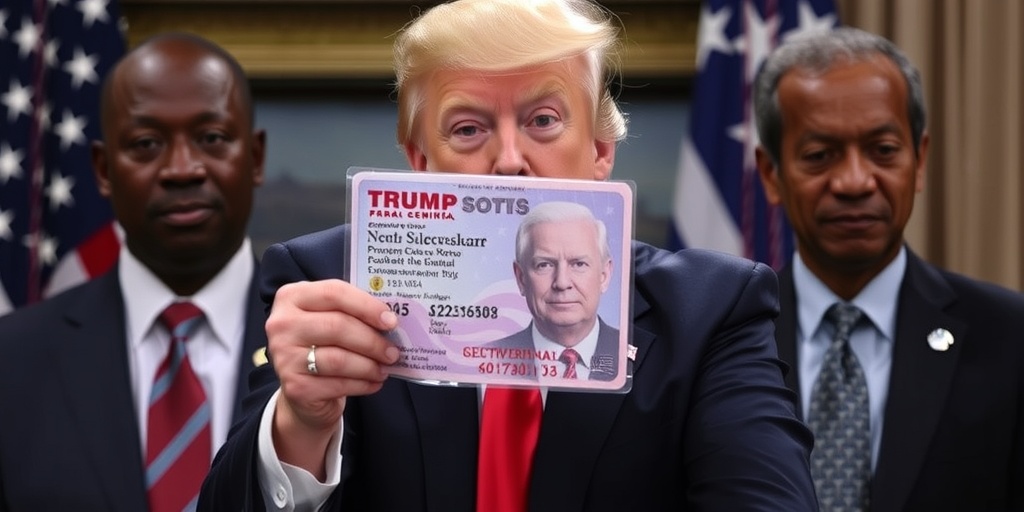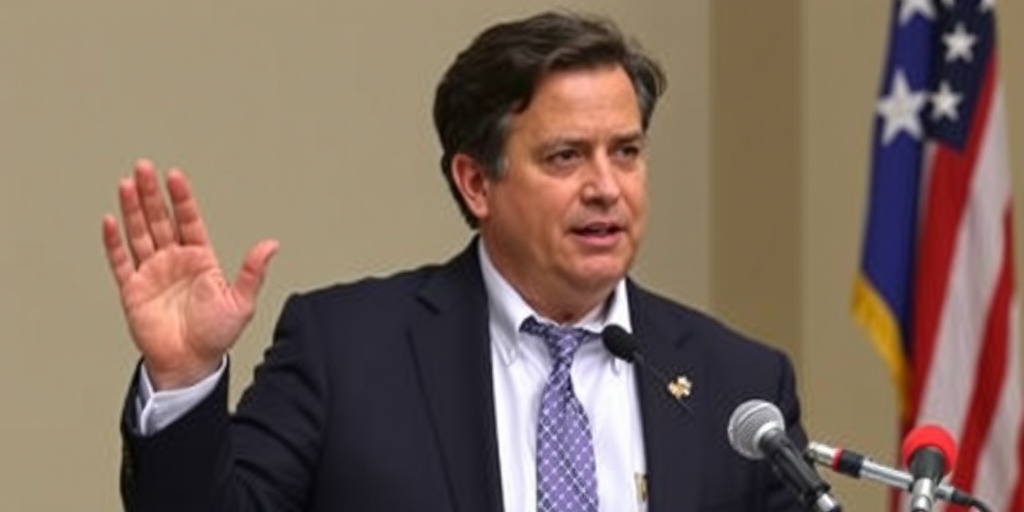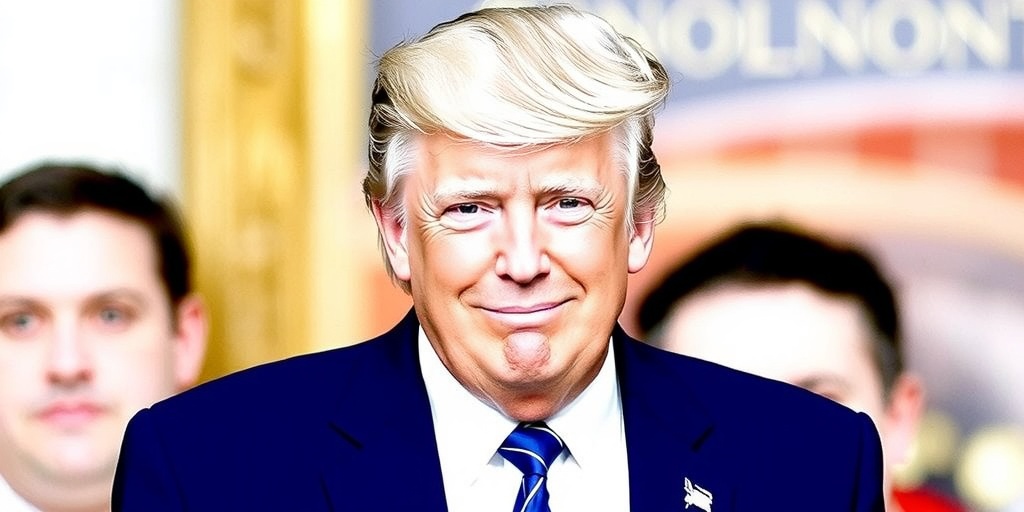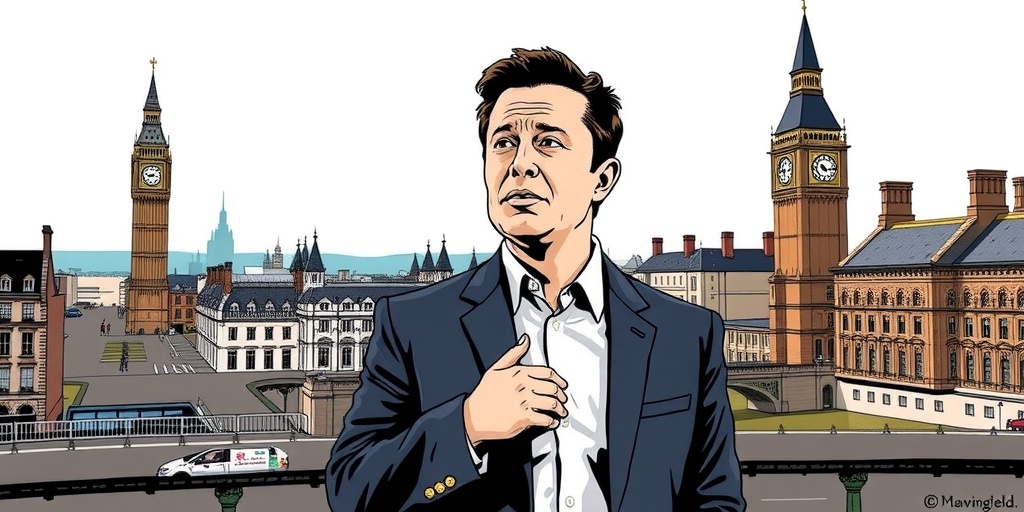Now Reading: Trump Administration Revokes Visas for South Sudanese Amid Deportation Dispute
-
01
Trump Administration Revokes Visas for South Sudanese Amid Deportation Dispute
Trump Administration Revokes Visas for South Sudanese Amid Deportation Dispute

U.S. Secretary of State Marco Rubio Revokes Visas for South Sudan Passport Holders
In a significant move announced on Saturday, Secretary of State Marco Rubio declared that he was revoking the visas of all individuals holding South Sudanese passports. This decision stems from the South Sudanese transitional government’s lack of prompt cooperation in accepting citizens being deported by the Trump administration.
In a statement shared through social media, Rubio emphasized that he would also impose restrictions on any future visa issuances to prevent South Sudanese nationals from entering the United States. He attributed these measures to the “failure of South Sudan’s transitional government” to facilitate the repatriation process back to their home country. Furthermore, Rubio indicated, “We will be prepared to review these actions when South Sudan is in full cooperation.”
This announcement mirrors a previous action taken by President Trump in late January, when he threatened to revoke the visas of Colombian officials and impose tariffs on Colombian exports due to their refusal to accept U.S. military flights carrying Colombian deportees. In that instance, Colombia quickly reversed its decision following the threat.
Rubio’s sweeping visa revocation reflects the Trump administration’s stringent focus on expediting the deportation of foreign nationals from the United States. Mr. Trump had made this aggressive deportation policy a cornerstone of his campaign, promising to take decisive action against undocumented immigrants.
In response to this situation, some individuals facing deportation have initiated lawsuits against the Trump administration, which have resulted in temporary restraining orders issued by various judges. The legal ramifications of these actions could complicate the deportation process and draw further scrutiny to the administration’s policies.
Late Saturday, officials in South Sudan were unreachable for comment regarding Rubio’s announcement. However, Lucas Guttentag, a former Justice Department official during the Biden administration, criticized the decision, labeling it as “another example of damning individuals based on nationality and upending the lives of innocent and law-abiding visa holders instead of engaging in meaningful diplomacy.”
In recent months, the Trump administration has been actively involved in a mass deportation campaign and has conducted numerous large-scale operations across the U.S. to achieve this goal. Rubio has emphasized that he possesses the authority to revoke visas for certain deportees currently held in detention centers, arguing that these individuals are undermining American foreign policy by their actions.
Among the notable detainees were students who participated in campus protests or openly criticized U.S. support for Israel amid the ongoing conflict in Gaza. On March 27, Rubio stated that he had revoked “perhaps 300 or more visas” and was in the process of signing daily papers to deport additional individuals. One of the highest-profile visa revocations included that of Óscar Arias Sánchez, the former president of Costa Rica and Nobel Peace Prize laureate. Sánchez revealed that the U.S. government had informed him of the suspension of his visa shortly after he publicly criticized Trump, likening the president’s behavior to that of a “Roman emperor.”
Historically, the U.S. government has faced challenges with countries unwilling to accept deportees, often due to a lack of diplomatic relationships or complications in acquiring proper travel documents. During Trump’s first term, U.S. officials imposed visa sanctions on various nations deemed uncooperative, targeting individuals already abroad who were seeking visas.
In a contrasting approach, the Biden administration, in 2023, had offered protection from deportation to migrants from South Sudan through a program known as Temporary Protected Status. Officials justified this decision due to the ongoing violence and instability within the country. The protections granted under this program are set to remain in effect until May.
As the Trump administration continues to take stringent measures regarding immigration and deportation, the consequences of Rubio’s latest decision on South Sudanese nationals could have lasting implications for diplomatic relations between the U.S. and South Sudan, as well as affect the lives of many innocent individuals caught in a complex web of geopolitical tensions. Legal challenges and public outcry may also arise in response to this controversial initiative, highlighting the ongoing debate surrounding immigration policies in the United States.
Stay Informed With the Latest & Most Important News
Previous Post
Next Post
-
 01New technology breakthrough has everyone talking right now
01New technology breakthrough has everyone talking right now -
 02Unbelievable life hack everyone needs to try today
02Unbelievable life hack everyone needs to try today -
 03Fascinating discovery found buried deep beneath the ocean
03Fascinating discovery found buried deep beneath the ocean -
 04Man invents genius device that solves everyday problems
04Man invents genius device that solves everyday problems -
 05Shocking discovery that changes what we know forever
05Shocking discovery that changes what we know forever -
 06Internet goes wild over celebrity’s unexpected fashion choice
06Internet goes wild over celebrity’s unexpected fashion choice -
 07Rare animal sighting stuns scientists and wildlife lovers
07Rare animal sighting stuns scientists and wildlife lovers





















